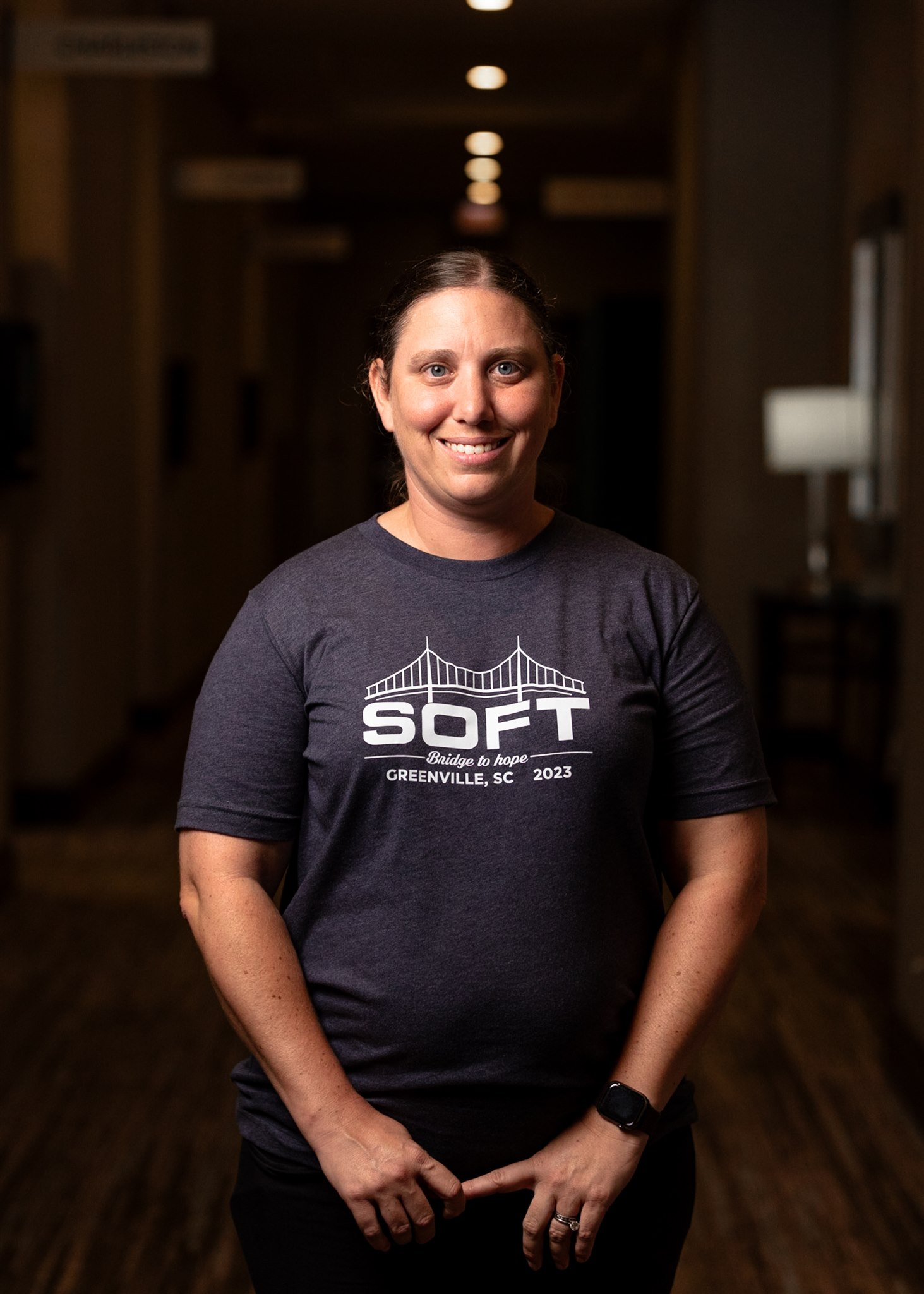From the 2020 SOFT Virtual Conference
Session 2 of the Professionals Panel
Dr. Glenn Green & Dr. Shaji Menon discuss Advances in the Care of Newborns & Infants with Trisomy 18 and 13
Recorded on July 15, 2020.
About Dr. Shaji Menon
Dr. Shaji Menon is an Associate Professor of Pediatrics and Adjunct Associate Professor of Radiology at University of Utah. He is an Attending Physician in the Division of Pediatric Cardiology, where he cares for children and fetuses with congenital and acquired heart disease. Dr. Menon received his medical degree (Bachelor of Medicine, Bachelor of Surgery; MBBS) from Baroda Medical College, India in 1997. After completing medical school, he received his doctorate in pediatrics (MD) from Baroda Medical College, India in 2000. He worked as a senior resident doctor in pediatrics at All India Institute of Medical Sciences, New Delhi, India for almost 3 years. Dr. Menon completed his pediatric residency at New York School of Medicine (NYU) and Fellowship in Pediatric Cardiology at Mayo Clinic, Rochester. Dr. Menon’s career as a pediatric cardiology clinician and researcher began at Mayo Clinic, Rochester where he was an Instructor in Pediatrics. He Joined the University of Utah as an Assistant Professor of Pediatrics in 2008. Since his arrival he has completed additional training in advancing his skills and knowledge of clinical research. He completed Pediatric Clinical and Translational Research (PCAT) Scholar program in 2011. Dr. Menon also graduated from Masters in Clinical Investigation program at University of Utah in 2018. He is Board Certified in Pediatrics and Pediatric Cardiology. Dr. Menon’s clinical work is focused on care of children and fetuses with heart disease. His clinical areas of expertise and interests are in 1) care of single ventricle patients, 2) care of fetuses with congenital heart diseases and rhythm abnormalities, and 3) cardiovascular imaging including advanced imaging using cardiac magnetic resonance imaging. Dr. Menon is passionate about improving the care and survival of patients born with single ventricle heart disease. He is the medical director of Single Ventricle Survivorship Clinic at the Heart Center. This clinic provides comprehensive multispecialty care for patients with single ventricle heart disease. Dr. Menon is an independent researcher, teacher and clinical and research mentor for pediatric cardiology junior faculty, fellows, pediatric residents, and medical students. His research focus has been 1) role of cardiovascular imaging in congenital heart disease and evaluation of cardiac function, 2) outcomes of patients with single ventricle physiology, and 3) outcomes of fetuses with heart defect. Dr. Menon has been the Co-Principal Investigator on a grant from the University of Utah’s Center for Clinical and Translational Research and NIH Clinical and Translational Science Awards (CTSA) Program. He was also the recipient of Early Career Awards from the Primary Children’s Medical Foundation and Pediatric Heart Network (NIH). He is the site PI for multiple NIH and company sponsored multicenter drug trials including the stem cell trial in hypoplastic left heart syndrome. He has written more than 100 publications, scientific papers, chapters, and abstracts.
About Dr. Glenn Green
Dr. Glenn Green is an associate professor of otolaryngology-head and neck surgery at the University of Michigan. After graduating in chemical engineering, he entered medical school at the University of Michigan. He completed an NIH-supported research fellowship followed by a subspecialty fellowship in pediatric otolaryngology. He has a clinical interest in translational interventions for communication disorders affecting speech and hearing. He has developed surgical techniques and devices for complex airway reconstruction and is coinventor (along with Scott Hollister, PhD) of a 3D-printed tracheal splint. Other patents in process include 3D-printed scaffolds for facial reconstruction of auricular and nose defects, 3D-printed customized devices to treat airway obstruction in children with craniofacial defects and/or neurologic diseases and the use of antioxidants to prevent syndromic hearing loss. He was part of the surgical team that successfully placed the first splint in an infant that had immediately life-threatening bronchomalacia under F.D.A. provisions for emergency use. He is the director of ongoing translational trials of 3D-printed devices in both humans and animals; and ongoing translation trials of antioxidants for hearing loss. He has won several awards ranging from the Kodak Valuable Idea Award (as an undergraduate student) to the Innovation Award from Popular Mechanics (2013 Breakthrough Awards, New York City). He has over 50 publications related to both his clinical and his research work including the New England Journal of Medicine, Nature Genetics, and JAMA. He has been widely featured including Scientific American, the New York Times, Forbes and Good Housekeeping. He has been an invited speaker at TEDX talks and MakerFaire in Rome. His constructs are on featured display at the British Science Museum in London. His current work focuses on overcoming the barriers to implementing new discoveries and techniques into clinical practice. This includes technological progress in 3D-printed constructs, defining the benefits of this technology to obtain approval from insurance companies and other gatekeepers, and working with the FDA to identify regulatory mechanisms for this technology.
Dr. Glenn Green’s research interests include translational interventions in complex communications disorders involving speech and hearing. More specifically, complex airway reconstruction and speech development; genetic basis for complex syndromal disorders involving speech and hearing; intervention trials and devices for airway improvement, speech and hearing; and genetic basis of deafness and utility of genetic testing.
]
































Recent Comments